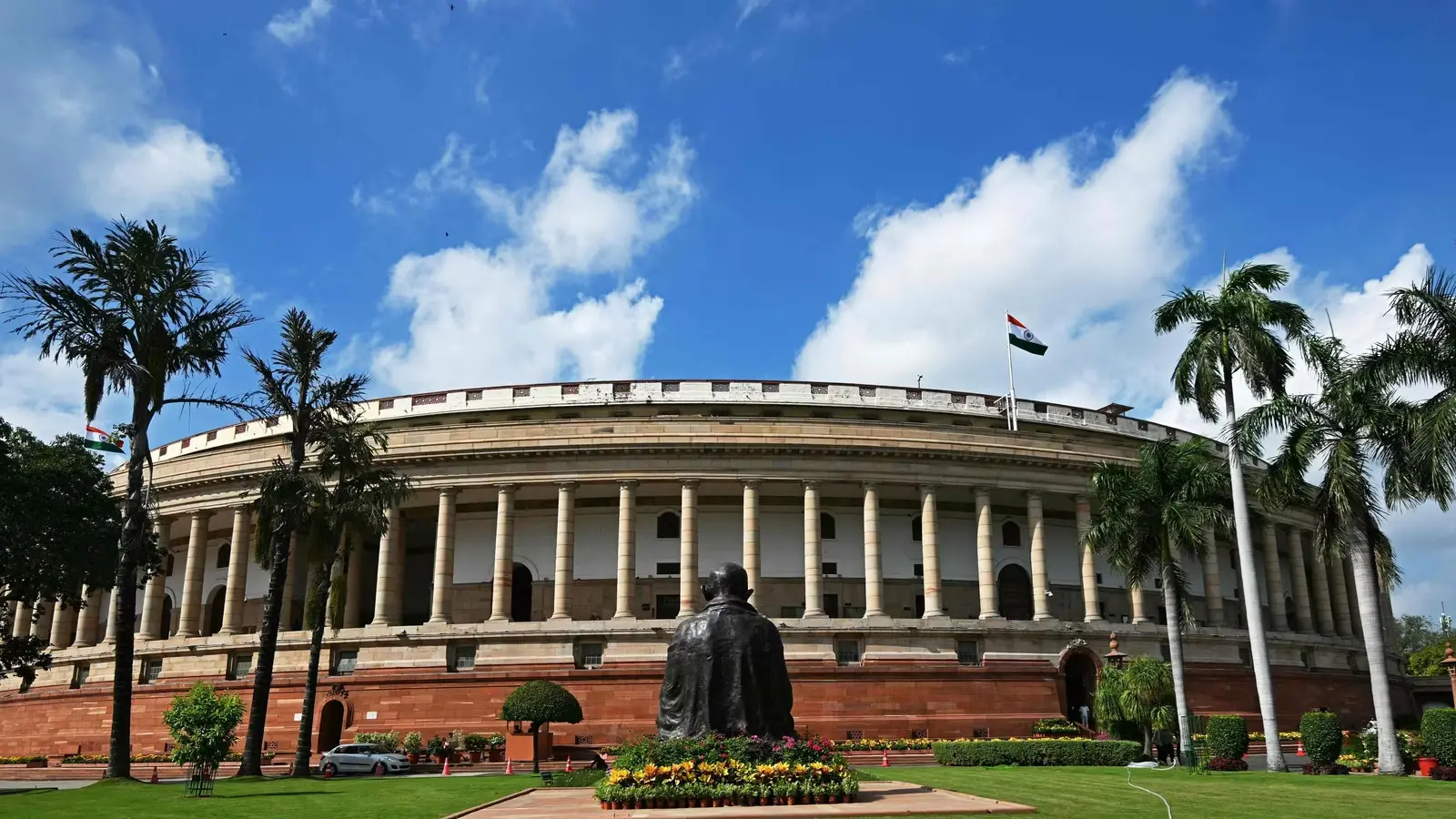In the case of Lalman Shukla V. Gauri Dutt, the plaintiff claims for a reward after he found the defendant’s missing nephew. The plaintiff claim was rejected in the lower courts and therefore, it was held at the Allahabad High Court. The Defendant, Gauri Dutt’s nephew had absconded and was no where to be found, the defendant sent all his servants in search of the nephew in which the plaintiff, Lalman Shukla one of the servants was also send in search for the nephew eventually, the plaintiff found him and brough him back.
Related Case Laws
- The Petitioner argued in the support of the following cases: Gibbons Vs. Proctor: – Here the Superintendent of police had offered a reward to anyone providing information about a criminal. In this case the court gave the verdict that if any person performs certain conditions of the contract through, he is not aware of the reward or he does not have the knowledge of the reward than he is entitled to get rewards. (Acceptance of offer without direct knowledge of it)
- The respondent argued in support of the case: Fitch Vs. Snedekar: – Finding Suspect or culprit of a murder. In this case Fitch was not entitled to the reward because accepting the offer in ignorance of it, cannot be termed as acceptance and the person accepting the offer i.e. the offeree must have all the information regarding the reward before performing. A person who gives the information without having no knowledge cannot claim the reward.
Analysis: Ratio Decidendi
- In the Lalman Shukla vs. Gauri Dutt case, two essential elements are required to form a valid contract between two parties:
- Complete knowledge of the offer or proposal: The person to whom the offer is made (the offeree) must be aware of all the details and terms of the proposal.
- Acceptance of the offer: The offeree must agree to the proposal and communicate their acceptance to the offeror.
- Section 4 of the Indian Contract Act emphasizes that communication of the offer and acceptance is crucial for a contract to be valid. Both knowledge and consent must be present to convert a proposal into an agreement.
- In Lalman Shukla v. Gauri Dutt, both essential elements were missing. The Plaintiff, Lalman Shukla, had no knowledge of the reward offer when he was searching for the defendant’s nephew, and he did not give his approval or accept the proposal made by Gauri Dutt. As the Plaintiff was merely performing his duties as a servant while searching for the boy, he was not entitled to the reward. Therefore, the two parties had no valid contract, and Plaintiff could not claim the reward.
Judgement
- In the case of Lalman Shukla vs. Gauri Dutt case the petitioners appeal against the respondent Gauri Dutt was dismissed by the court.
- After analyzing all the facts of the case, it was held by the honorable court that for creating or entering into a valid contract there has to be knowledge and assent to the offer being made by the proposer.
- There has to be proper acceptance or the offeree must give his approval before accepting which was absent in the present case.
- The plaintiff had no knowledge about the reward before performing his act. He came to know afterwards in which there is no possibility of accepting the offer.
- Hence there exist no contract so as a result the court came to the decision that the appellant Lalman Shukla was not entitled to get the reward.
- without having any prior knowledge and information about the facts which restricts him to claim the reward.
- The judge said that Lalman Shukla was fulfilling his obligations as a servant of tracing the missing boy, it was a part of his duty which he was merely doing. so hence his suit against the defendant was completely dismissed by the court as there was no contract between both the parties.
Case Summary and Conclusion
- In the case of Lalman Shukla v. Gauri Dutt, the Plaintiff, Lalman Shukla, appealed against the defendant, Gauri Dutt, claiming a reward for finding Gauri Dutt’s missing nephew. However, the court dismissed the appeal, stating that for a valid contract to exist, there must be both knowledge and consent to the offer. In this case, Lalman Shukla had no prior knowledge of the reward before he performed the task of searching for the boy.
- Consequently, he could not have accepted the offer. As a result, the court concluded that there was no valid contract between the parties, and Lalman Shukla was not entitled to the reward. The court emphasized that Lalman Shukla was merely fulfilling his duties as a servant, and there was no contractual agreement for the reward.
By: Natasha Rama Rocha, BBA. LLB., Intern at AH Legal Co., Student of ISBR Law College, KSLU.













